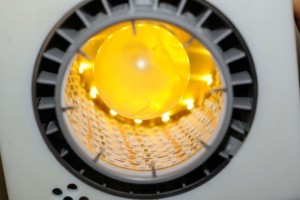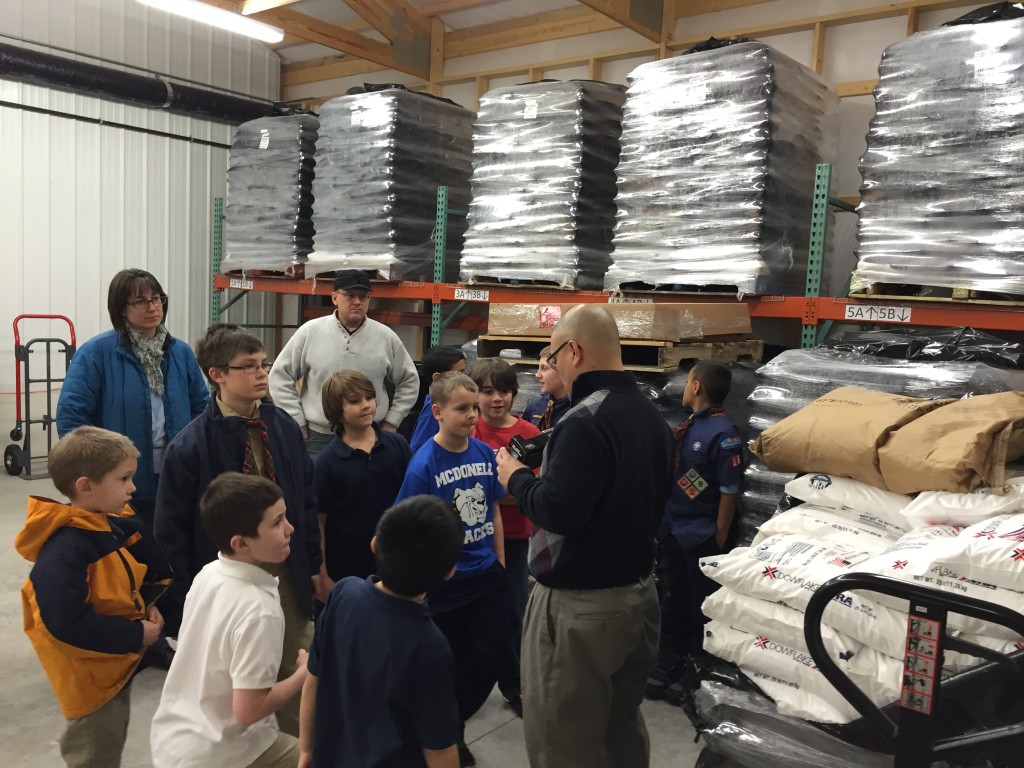Developers at Ford Motors have engineered a soy-based foam to replace traditional plastics in seat cushions. Ford first began using the sustainable technology beginning in 2008, and since the technology has taken over in all North American vehicles produced by the company. With about 300 pounds of petroleum based plastic in every vehicle, Ford was able to keep costs down while petroleum prices rose using the soy-based foam.
For more information see “Beyond the Bean – Dec 2014 issue”



